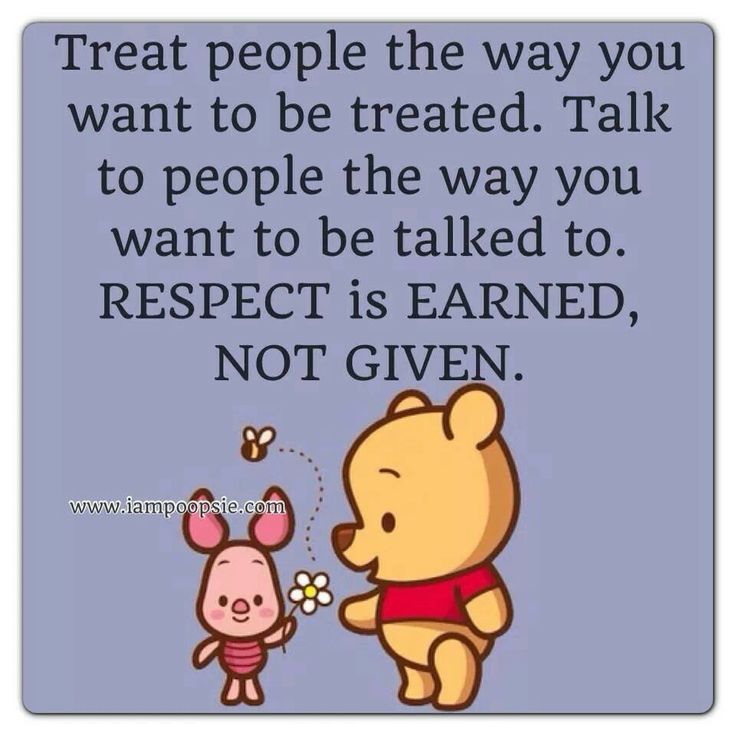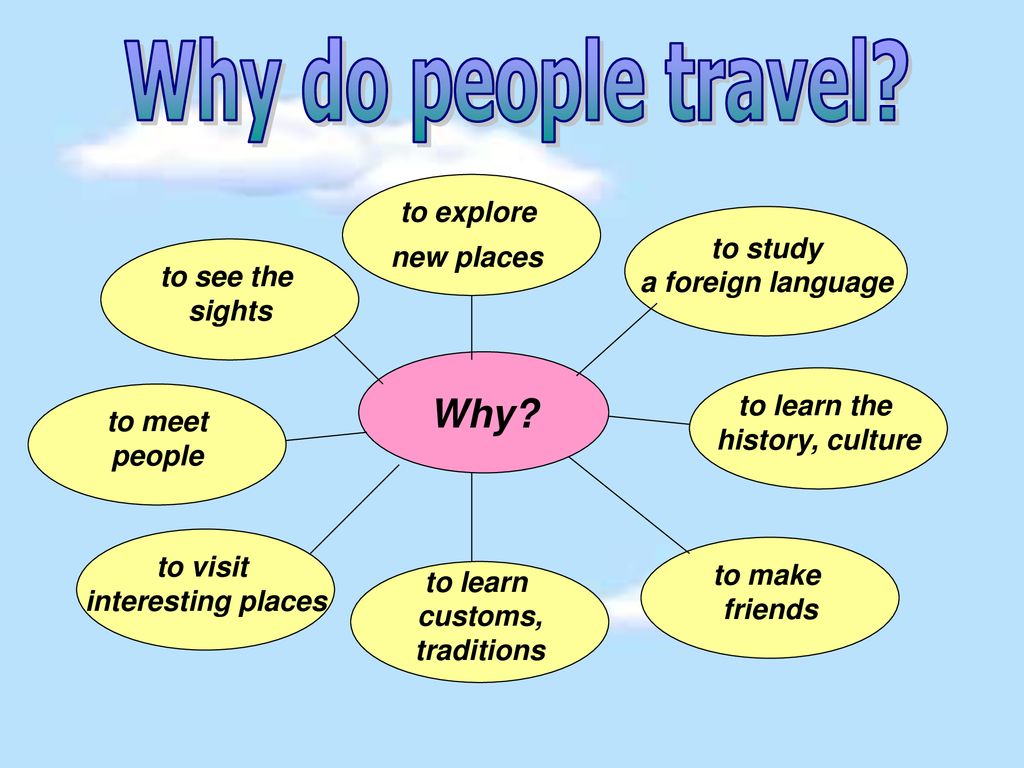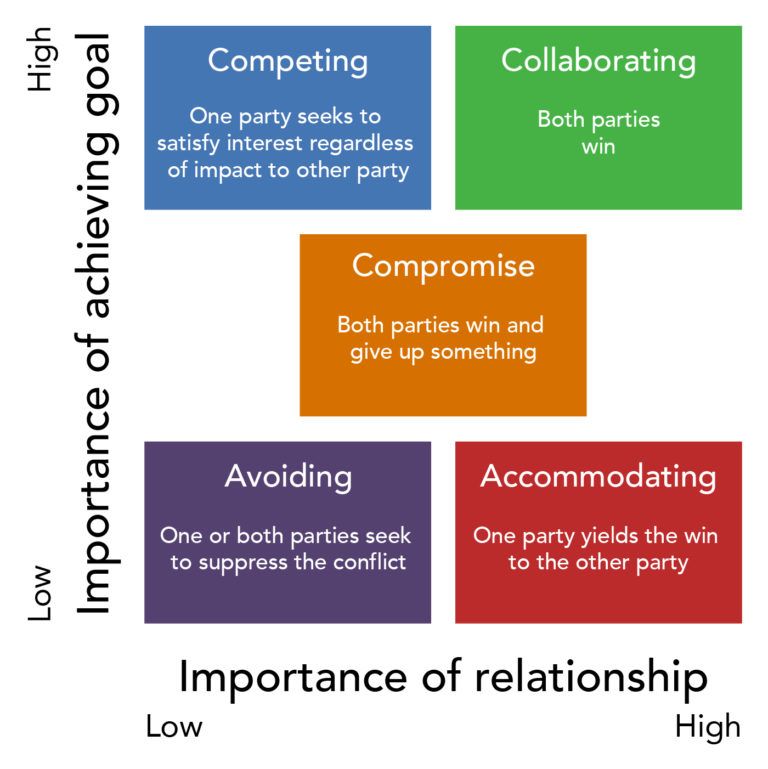Treat the people
Home - Treat People Like People
In 2020, vulnerable adults in Minnesota were impacted by:
Allegations of financial exploitation
Allegations of caregiver neglect
Allegations of emotional abuse
Allegations of physical abuse
Allegations of sexual abuse
And these numbers don’t begin to include the many incidents unwitnessed or unreported.
As these figures reveal, abuse can take many forms. For a comprehensive look at how Minnesota’s state statutes define abuse and neglect of vulnerable adults, visit the report section of this website.
What is the opposite of abuse? Dignity. Respecting the individuality and value of those you encounter, support and/or care for.
Care is…
- listening to and respecting a person’s views and wishes.
- concerning for a person’s health, safety, and welfare.
- following laws, rules, and regulations.
- keeping a person educated and informed.
- showing compassion and understanding.
Vulnerable adults are real people with real emotions.
“I just want to be treated with respect.”
LindaLiving with dissociative disorder
“I wish that the folks could just take the time.”
SarahLiving with epilepsy
“Show you care.”
CarolLiving with stroke paralysis
“You get the idea that this person really does care about what they're doing.”
JohnLiving with brain injury
“It's important to wait for the person to communicate.
”
JadeLiving with severe PTSD and spinal injury
Together, We Can Stop Abuse
Having a disability often means trusting those who provide their support and care. Too often, that trust can be violated with words or actions. It’s a real problem, with a real solution. One that begins with each of us. Together, we can stop abuse. This site offers tools and resources for those providing care or support and to empower those with disabilities.
About This Project
The Treat People Like People campaign was designed to raise awareness of abuse and neglect of people with disabilities and to educate people with disabilities and their families and guardians, and the general public on how to identify, report and respond to abuse of people with disabilities. The campaign highlights the value and dignity of each person living with a disability. Materials were co-created with people with disabilities, their family members, advocates and professionals in policy and care provision. We thank them all for their generosity of time spent to make this campaign a reality.
We thank them all for their generosity of time spent to make this campaign a reality.
View Stories
Learn More
Take the Pledge
In Crisis?
View Stories
Learn More
Take the Pledge
In Crisis?
The Olmstead Plan – From Idea to Reality
Putting the Promise into Practice: Minnesota’s 2015 Olmstead Plan was designed to move the state forward, towards greater integration and inclusion for people with disabilities so that “Minnesota will be a place where people with disabilities are living, learning, working, and enjoying life in the most integrated setting.” Treat People Like People moves Minnesota closer to achieving the Olmstead Plan goal of preventing abuse and neglect of people with disabilities.
The resources and information contained on this website will continue to evolve over time.
On January 9, 2019, two days after his inauguration, Governor Tim Walz issued Executive Order 19-01, Establishing the One Minnesota Council on Diversity, Inclusion, and Equity. He stated:
He stated:
In Minnesota, we know we are all better off together.
Our state must be a leader in ensuring that everyone has an opportunity to thrive. Disparities in Minnesota, including those based on race, geography and economic status keep our entire state from reaching its full potential. As long as inequities impact Minnesotans’ ability to be successful, we have work to do. Our state will recognize its full potential when all Minnesotans are provided the opportunity to lead healthy, fulfilled lives.
Office of Ombudsman for Mental Health and Developmental Disabilities
–
Governor’s Council on Developmental Disabilities
To report an incident of Abuse,
call Minnesota Adult Abuse Reporting Center (MAARC)
844-880-1574
In Crisis?
Treat People As People, Not Resources
CEO of Milestone Systems.
Getty
In a modern society, the success of a company is closely linked to the way it behaves in that society. Today, society has strong expectations for the way a company behaves toward its people. One way to meet this expectation is to take a people-first approach to running your company. This means more than elegant words; your team actually needs to see you living and doing this. Furthermore, the technology sector is one of the most important industries to implement this leadership style.
Today, society has strong expectations for the way a company behaves toward its people. One way to meet this expectation is to take a people-first approach to running your company. This means more than elegant words; your team actually needs to see you living and doing this. Furthermore, the technology sector is one of the most important industries to implement this leadership style.
In a series of articles, I will recount my experience using a people-first approach. Each article will give you some simple guidelines and actions you can use in your daily routine.
Starting with people-first for leadership, in this article, I'll discuss how to:
• Achieve long-term, sustainable growth.
• Engage and motivate people.
• Include everyone in your company’s success.
Stop Thinking About People As Tools In Your Toolbox
MORE FOR YOU
Let me start by giving you a fundamental principle that has guided my thinking about how to make companies successful: “No matter which industry you are in, you don’t do business without people.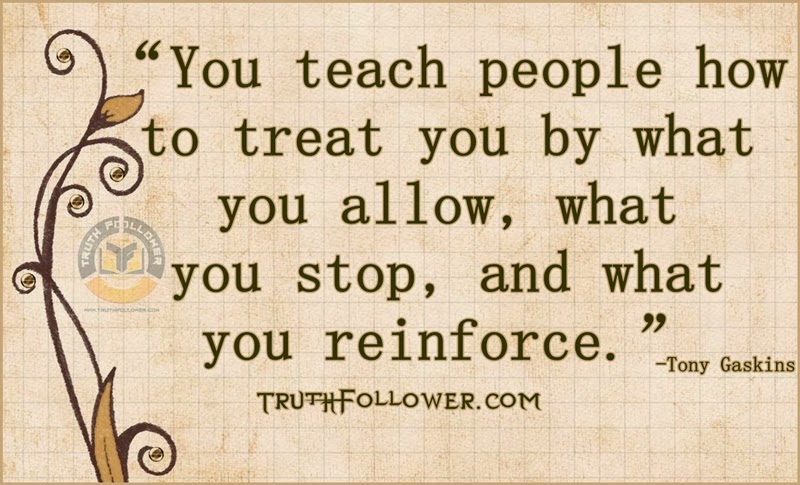 ”
”
People-first is a leadership philosophy for achieving long-term sustainable growth, in which everybody in the company serves a purpose. To do this, you should stop thinking about people as resources and start thinking about them as people. Resources are objects that serve a purpose for you, like a hammer or a screwdriver in your toolbox. In my view, treating people as resources to serve your purpose is not a way for companies to be successful. Therefore, I have always had a hard time accepting the term "human resources."
For the younger generations in the workforce, if you want them to trust you enough to build their career with your company, you need to look much more closely at what they are contributing. To be successful in a modern society, we must see people as in control of the toolbox, rather than in the toolbox. This is the foundation of a people-first approach to leadership.
Show People That Every Person Is Needed To Be Successful
One of the core beliefs in this leadership strategy is that every person and every function in a company is necessary: salespeople, engineers and facility management, as well as your management team. People-first leaders respect this; they know that the contribution each and every individual makes is needed for the company to thrive and be successful.
People-first leaders respect this; they know that the contribution each and every individual makes is needed for the company to thrive and be successful.
People-first leaders understand how important it is to connect with people in the company as colleagues, not employees. They do this by taking the time to reach out and talk to people on a continuous basis.
In contrast, I’ve seen senior leaders rush through the hallways in the morning, their heads down to the floor. It’s as if they see themselves as too important to stop and talk with the people who are making them successful. This is not people-first leadership, and in my opinion, executives that behave like this are not leaders.
The people-first leader has time to say good morning and get frequent feedback and input. They are showing inclusiveness and respect for the purpose that everybody fulfills in the company. That’s how they earn their buy-in, trust and respect.
Of course, you cannot always have those extra five minutes, but for people-first leaders it’s a priority to be available and visible. For example, when I joined Milestone, one of my priorities was to speak with all my new colleagues. It was during the pandemic, so traveling was not an option. Instead, we set up hundreds of virtual calls for me to talk with small groups of colleagues and start to build a connection with them. It was the first time I had done this on such a massive scale, and it took about six months to talk with everyone. However, it was very important for me to prioritize time for these calls.
For example, when I joined Milestone, one of my priorities was to speak with all my new colleagues. It was during the pandemic, so traveling was not an option. Instead, we set up hundreds of virtual calls for me to talk with small groups of colleagues and start to build a connection with them. It was the first time I had done this on such a massive scale, and it took about six months to talk with everyone. However, it was very important for me to prioritize time for these calls.
Meeting everyone revealed very valuable insights into how the company functioned and what was working and not working. These first six months gave me six years’ worth of company experience. And it helped my colleagues get to know me as a person and as one of their colleagues, regardless of titles and job functions.
Adapt Your Style To Match Different People’s Needs
Another challenge I have seen is that leaders sometimes think everyone is motivated by the same competitive things they are: to be successful, to win and to make a lot of money. These may drive you and give you energy as a leader, but if you believe everybody thinks the same way, you are mistaken.
These may drive you and give you energy as a leader, but if you believe everybody thinks the same way, you are mistaken.
Many people don't have that urge to advance their career or job level aggressively. They may work to pay rent or take time off with their families. These people are equally motivated to do a good job as those with career advancement in mind because they will not be able to do the things that are important for them if they don’t.
People-first leaders avoid this one-size-fits-all thinking. Instead, they understand what motivates different people in the company and adapt their leadership style to match individual needs. That’s what makes them successful.
Guidelines And Actions To Get Started
To close, here are three simple guidelines to follow for people-first leadership. These are crucial; if one is missing, in my experience, your leadership style is probably not people-first:
• Connect with your colleagues and go out of your way to do this regularly.
• Demonstrate your belief that every person is needed for the company to be successful.
• Adapt your leadership style to match different people’s needs.
Remember, these are guidelines. I do not believe in absolute statements; instead, I prefer to share my experience and what has worked for me.
Over my career, people-first as a leadership philosophy is one of the few things that I have chosen to take a position on. I hope that I have given you an "ah-ha moment" and some good ideas to take back to your company.
Forbes Technology Council is an invitation-only community for world-class CIOs, CTOs and technology executives. Do I qualify?
How to treat people easier: advice from psychologists
Contents
- Forget about envy
- Genuinely interested in others
- Do not expect attention from others
- Exonerate yourself from liability
People who devote too much time to introspection constantly think about who treats them and how, and often feel miserable.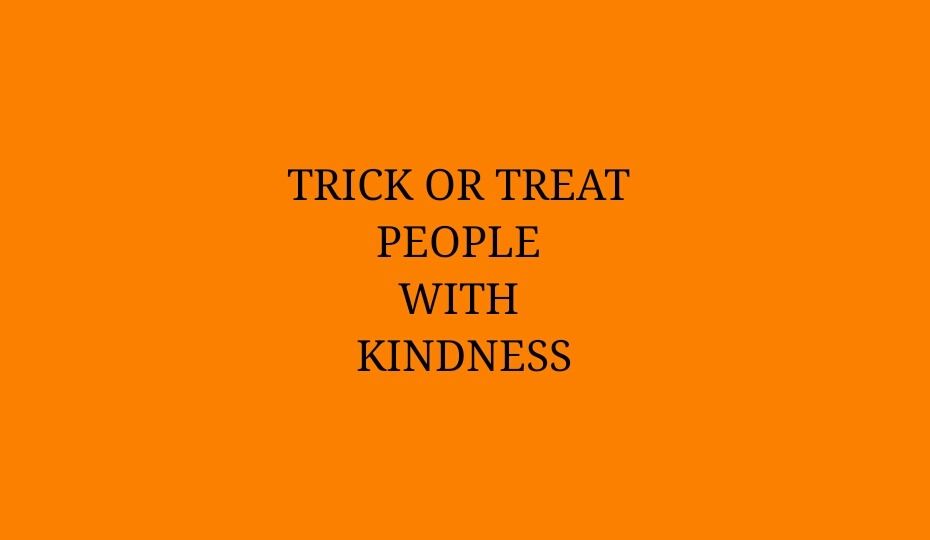 To shift focus from own emotions and feel the taste of life again, it is worth trying to treat people easier. And then it will become more pleasant to communicate with others.
To shift focus from own emotions and feel the taste of life again, it is worth trying to treat people easier. And then it will become more pleasant to communicate with others.
Forget about envy
Envy is an acute feeling of injustice towards someone who owns some material or non-material wealth.
If one person is jealous of another, it will hardly be possible to hide it
Envy poisons communication , makes it toxic. One who envies cannot calmly relate to his interlocutor: he looks for flaws in him and painfully perceives obvious virtues. nine0003
In order to forget about envy , you need to give up the inner intention to own what cannot belong to you. We cannot know for sure how a man managed to get a good job or why this particular woman was lucky to have such a good spouse.
When a person does not envy anyone, he does not look for a dirty trick in other people's words , does not try to make value judgments. It becomes much easier to communicate with him, people around him begin to reach out to him. nine0003
It becomes much easier to communicate with him, people around him begin to reach out to him. nine0003
Envy
Genuine interest in others
Sincere interest in others helps instantly win their sympathy . It's not about intrusive questions about your personal life. It is enough just to remember what is really important for your friend, and to communicate on topics that are interesting to him.
Most people are very good at distinguishing genuine interest from formal questions just for show. Therefore, it is very important not to fake and not try to portray warmth and participation, if in fact there are no such feelings. nine0003
When a person begins to be interested in the feelings of others, the motives of their actions become clearer and more obvious to him. Friends and acquaintances cease to seem unpredictable people from whom you do not know what to expect.
Sincere interest in others
Not expecting attention from others
There is nothing worse than a person who constantly demands attention . He is offended if he does not receive enough communication, he is constantly the first to write and call, and at the same time he speaks only about himself. nine0003
He is offended if he does not receive enough communication, he is constantly the first to write and call, and at the same time he speaks only about himself. nine0003
To avoid this, it is enough to have a wide range of personal interests
Own hobbies and hobbies make a person more stable. He minds his own business and does not expect anyone to entertain him.
In addition, it develops a person, he becomes more an interesting conversationalist . He does not need to draw attention to his own person from others - on the contrary, people begin to be interested in such a comprehensively developed personality. nine0003
Attention of others
Relieve yourself of part of the responsibility
We must understand that we are not directly responsible for the feelings and emotions of others , and their mood does not depend directly on our words and actions.
Therefore, one should not be afraid sometimes to consider only one's own interests :
- to refuse any help if one has to cancel one's important affairs;
- not to lend money if the financial situation of one's own family leaves much to be desired; nine0006
- not succumb to other people's manipulations related to imposing feelings of guilt.

You should change your pessimism for optimism , learn to see only pluses in what is happening.
As soon as a person decides to start treating people easier, he ceases to be an energy vampire. People feel that next to him you can relax and feel imperfect. It is in an atmosphere of mutual trust that truly strong friendships are formed. nine0003
For more information on how to treat people easier, watch video :
How to treat other people. Phenomenal intelligence. The Art of Thinking Effectively
How to treat other people
As soon as you see your thoughts about other people, you will be amazed at how much anger, envy, fear, discontent, resentment and other unpleasant feelings are contained in them.
But since we found out that other people are not to blame for all these feelings, then the question arises - how is it right to think about other people? nine0003
We have already said that for a person, the natural way of thinking begins with the thought of one's desires. And you need to understand that people have different pleasant activities that they like.
And you need to understand that people have different pleasant activities that they like.
Each person has his own body, his own soul, his own psyche, desires, tastes, and so on. What one person likes, another does not like at all.
For example, if we take a vacation, one likes to lie on the beach, another likes to go to the forest with a backpack, a third likes to visit interesting countries and historical places, a fourth likes shopping, a fifth likes water skiing, etc.
You are surrounded by many people. Some interests overlap, some do not. And the correct attitude towards other people is as follows:
You think of activities that you enjoy doing with this person.
If you like to play chess and so does your neighbor, when you meet your neighbor it is best to talk about chess. Because if you have different views, for example, on politics, your communication will end in a scandal.
Note that when you think only about the activities that you enjoy, you will always have a good mood when communicating with people. After all, something pleasant connects you with every person. If there is no such occupation, then it is not worth thinking about a person. Why do you need to communicate with those with whom only unpleasant things connect you? nine0003
After all, something pleasant connects you with every person. If there is no such occupation, then it is not worth thinking about a person. Why do you need to communicate with those with whom only unpleasant things connect you? nine0003
When you start doing something that you are interested in doing together - go fishing, cook dinner, go on a date, etc. - then in the process of communication you need to follow the rule known as golden rule of morality :
Treat people the way you want them to treat you.
The meaning of this rule is very simple. Since all people are the same and want the same thing, if you help people get it, they will reciprocate. nine0003
As you understand, it is much easier to live among people when everyone respects you personally, tries to somehow help, support you. So do the same for others:
• respect them;
• help;
• support.
Can you imagine how much easier and more pleasant life will become for you? And we are not talking about some grandiose steps. It's about the simplest and most banal things. Chat on a topic that is interesting for the interlocutor, pass on some materials that, as you know, he may need. You can give some useful link, give a useful phone number. nine0003
Chapter summary
• Success is achieved by people who consider themselves successful.
• If you want to make money, satisfy people's needs.
• Forcing yourself to do something is a grueling task with little efficiency.
• If you go towards your desires, then your mood rises. You become cheerful and energetic. The mood is wonderful.
• If you go against your desires, then your mood drops sharply. nine0003
• When you feel like blaming another, think about what you thought wrong about him.
• The onset of depression is an attempt by the brain to protect itself from excessive stress.
• The only thing worth thinking about at all is the anticipation of a pleasant result.
• Protection from depressive conditions lies in the fact that during the day you have a lot of reasons to please yourself.
This text is an introductory fragment. nine0003
73 Treat people with indifference or be friendly
73 Treat people with indifference or be friendly Be kind to people, because everyone you meet is fighting his own uphill battle. John Watson[67] The way I relate to others and the way I perceive myself are closely related things. The more I relate to others with
Intervention Skill: How to help others resist attacks
Intervention skill: how to help other people resist attacks When two people use verbal attacks against each other, and you have the ability to intervene (that is, you have all the necessary skills, rights and motivation), there are two main
How to Treat Personality
How to deal with a person These are our main three non-Selves: Mind, Feelings and Body. Put them together: Body + Mind + Feelings, and you get what is most often called the Human Personality: with respect and with a capital letter. The sum of three non-I gives the Personality? That's right, because YOUR PERSON IS
Put them together: Body + Mind + Feelings, and you get what is most often called the Human Personality: with respect and with a capital letter. The sum of three non-I gives the Personality? That's right, because YOUR PERSON IS
How to relate to the Superbook?
How to treat Superbook? I love people, the world and, if there is one, the Creator of this world. And when they talk about God, our Heavenly Father, they say that He is good and great, my soul sings and rejoices. I want to believe in such a God. But there is a very ancient and respected book in the world, and it is
How to treat him
How to treat him Having discovered his betrayal, you need to assess how dangerous his actions are for your relationship and what you are trying to achieve. Loyalty requires constant effort with you and with him
How to deal with obstacles
How to deal with obstacles Each failure puts us before the choice of further actions.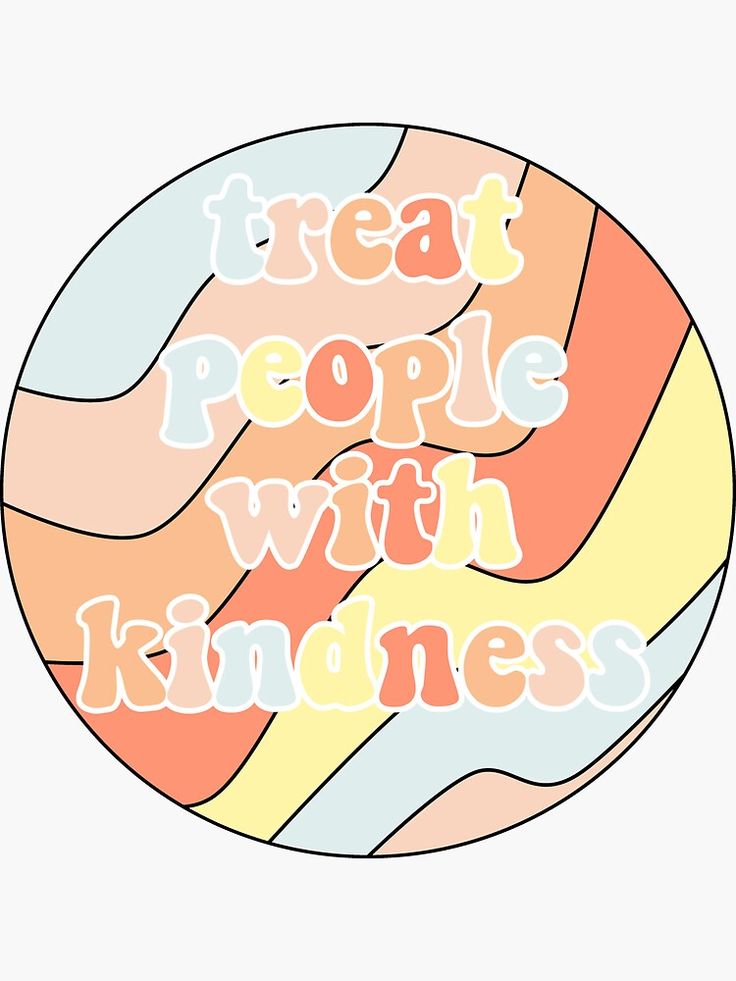 You just need to find the right direction. And if you run into an obstacle, go around. Mary Kay Ash, Founder of Mary Kay Cosmetics Every time
You just need to find the right direction. And if you run into an obstacle, go around. Mary Kay Ash, Founder of Mary Kay Cosmetics Every time
100. How should we treat the people sent to us by Mpr?
100. How should we treat the people sent to us by Mpr? Over 50 percent of our encounters are with people we have already encountered in past lives. “God sends us only angels!” Exactly! It is we who dress them in different clothes, including those with horns. Angels
Attention to other people
Attention to other people How absorbed are you in your own life? It's easy to get lost in your own problems, especially when you're busy or anxious. We talked about how being attentive to other people's difficulties is an excellent method of adapting to
Show interest in other people
Show interest in other people Charismatic individuals are not selfish, they show a genuine interest in the problems of their colleagues. When asked how she managed to quickly climb the corporate ladder, Valerie P.0003
When asked how she managed to quickly climb the corporate ladder, Valerie P.0003
Helping others
Help other people Another common task that many people set themselves is helping another person. First of all, they help children - first grow up, then study, then get married (get married), then get a divorce, etc. All life and everything
How to deal with failures?
nine0002 How to deal with failure? Experience is what you get if you don't get what you want! Failure. But do they exist? Two years ago, I discovered a terrible secret, failure does not exist! More precisely, they exist, but they can be used to your advantage, and enjoy it. Given9.7 How to treat women
9.7 How to treat women “Before, men did various romantic stupid things for the sake of women - they climbed through windows, fought duels, sang serenades .